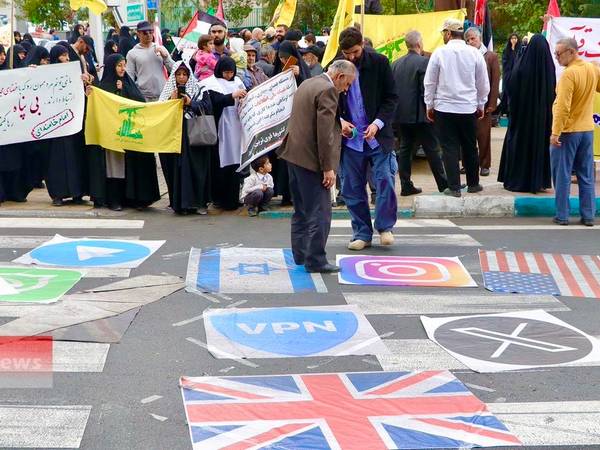Unyielding hardliners in Iran, who hold significant sway over decisions regarding lifting internet access restrictions, have left the public uncertain about when they might no longer need anti-filtering software.
Nearly four months have passed since President Masoud Pezeshkian took office, pledging to lift internet restrictions. However, despite ongoing negotiations behind closed doors among politicians and multiple government agencies, no decisions have been announced.
Khabar Online, a news website close to moderate conservative politician and former Parliament Speaker Ali Larijani, reported on Thursday that President Pezeshkian has so far been unable to overcome hardliners’ resistance. Supporters and opponents of filtering remain locked in a battle within the Supreme Cyberspace Council over a final decision.
The website also accused the Council’s ultra-hardliner spokesman, Hossein Dalirian, of playing a major role in the secrecy surrounding the Council’s proceedings.
Iranian media say members of the Council and Dalirian who was appointed by Pezeshkian’s predecessor, Ebrahim Raisi, refuse to comment on the Council’s discussions or the decisions being taken behind closed doors.
The news website also said government sources claim that the Council’s members who insist on the continuation of censorships have ignored Pezeshkian’s order to form a committee to investigate the matter.
Lifting internet filtering would be a welcome relief for many Iranians, whose online experience—whether for business, education, or personal use—is persistently hindered by blocked access to thousands of websites and all major social media and messaging platforms.
Over eighty percent of Iranians use one or several paid anti-filtering software to access these websites and platforms.
Removing this obstacle would significantly boost Pezeshkian’s confidence and help his government avoid growing voter discontent. Many perceive him as powerless against hardliners, especially amid the economic and security crises gripping the country—challenges for which the president lacks immediate solutions.
Mohammad Mohajeri, a conservative politician and journalist, highlighted that internet filtering and the mandatory hijab are the two key issues Pezeshkian’s voters most expected him to resolve. Earlier this week, he urged the president to instruct his telecommunications minister to “push the button and end it all,” warning that continuing on the current path would only deepen societal disappointment and despair.
“This is not inflation, liquidity growth, or sanctions to be a hard thing to fix,” he insisted.
But making the final decision on the removal of filtering lies with the Supreme Cyberspace Council.
As president, Pezeshkian leads the Council which includes several key cabinet members, such as the ministers of telecommunications, intelligence, culture and Islamic guidance, science and technology, education, and defense.
The Council has around twenty other members including the commander of the Revolutionary Guards, the chairman of the Parliament’s Cultural Committee, and the head of the State Propaganda Organization. Nearly all of them are hardliners who oppose the removal of filtering. The President and his cabinet, therefore, are a minority in the Council.
Pezeshkian said earlier this week that he had reached an agreement with the Parliament Speaker Mohammad-Bagher Ghalibaf and Chief Justice Gholam-Hossein Mohseni-Ejei, two other members of the Council, about ending the restrictions but did not offer any further details.
